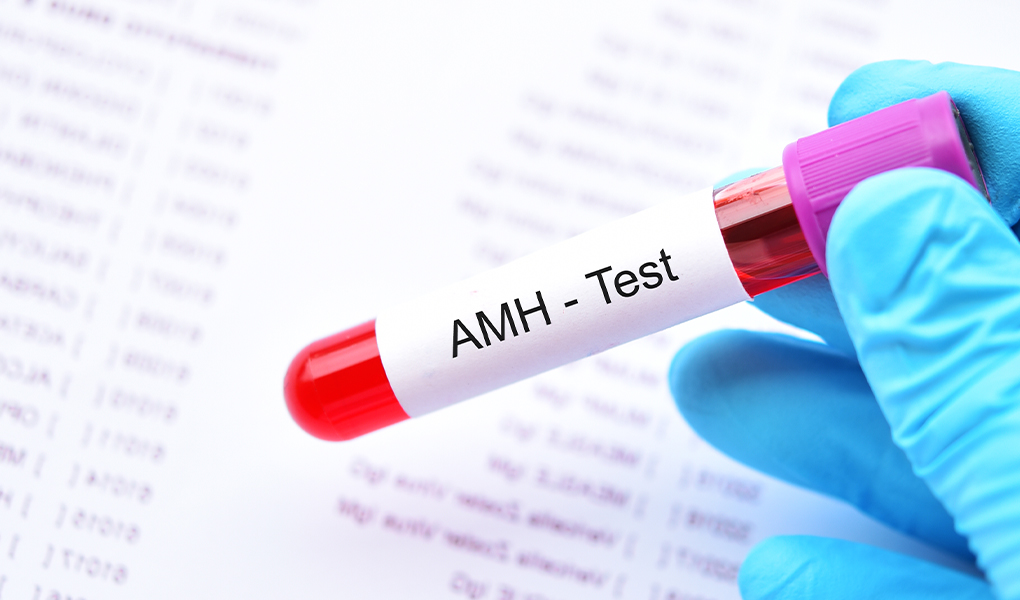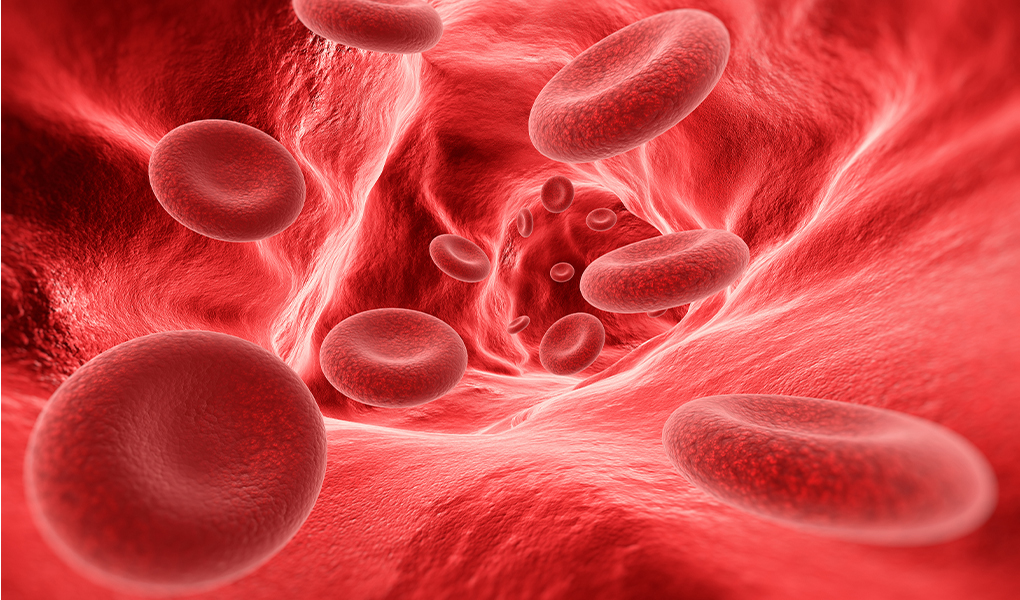In modern medicine miscarriage is known as, spontaneous abortus. Miscarriage occurs before the 20th week of the pregnancy and happens on its own, naturally. In another word, it is the disappearance of the foetus. Early miscarriage happens on the first 12 week of the pregnancy. Miscarriages on and after the 20th week of the pregnancy are defined as late miscarriage. About 10 to 20% of the pregnancies that are proved by ultrasound and pathology reports result with miscarriage. Therefore, the actual numbers can be much higher. 1 in 100 women that had miscarriage can have another miscarriage. Consecutive 3 miscarriages are defined as repetitive miscarriage.
Miscarriage is a common complication of early pregnancy period, for the women who have miscarriage it is a traumatic experience. Miscarriages can occur without a specific reason, bleeding and spotting are accepted as natural. In another word, bleeding and spotting seen at early pregnancy period does not necessarily mean that pregnancy will result with miscarriage. Pain, fever and tiredness are the known symptoms of miscarriage. Before we head on the symptoms of miscarriages we need to know what is miscarriage and the causes of the miscarriage.
What is Miscarriage?
Pregnancy is generally diagnosed few weeks after occurs, last day of the last menstruation is accepted as the first of day pregnancy. This date is important on following the pregnancy symptoms therefore, understanding the causes of extra-ordinary situations. Miscarriage can be defined as natural end of the pregnancy before 20th week of the pregnancy. Early miscarriage is the definition of having miscarriage before the 12th week of the pregnancy and this is the most common type of miscarriage. Late miscarriage is when the miscarriage occurs after the 24th week of the pregnancy, this is a rare case, about 1 – 2% of pregnancy end with late miscarriage. Repetitive miscarriage is having 3 consecutive miscarriage. This is 1% of a chance to have repetitive miscarriage and it is extremely traumatizing.
Miscarriages may have no underlying reason, but on some case age and disease on genitals on mother-to-be can cause miscarriage. In order to have definitive diagnoses of miscarriage a specialist physician should conduct an ultrasound examination. If a person applies to a specialist physician, pelvic and ultrasound examination is conducted. On the ultrasound examination if the uterus is empty physician cannot conduct and intervention. However, if there are pieces left behind after the miscarriage, physician conducts abortion to clear uterine. After enlarging the cervix all the placenta or foetal tissues are removed. If the patient does not want abortion, some medications can be given to clear uterine. You can continue reading our article to find the answer of commonly asked “What are the symptoms of miscarriage?”
What are the Symptoms of Miscarriage?
Majority of the sudden lose of pregnancies occur show symptoms on the first trimester of the pregnancy. Vaginal afflux, spotting is amongst the commonly seen miscarriage symptoms. Pink or red affluxes have a similar structure to mucus. Brown and shiny bleedings are the most important sign of a miscarriage. However, those important signs, can be seen in about 25% of the pregnancies. Therefore, having those symptoms does not mean there will be a definite miscarriage.
Symptoms such as, fever, tiredness, weakness, nausea, vomiting, spams, vaginal textured or clotted discharge can be an antecedent stimulus of miscarriage. Pain can be seen on back, waist and abdomen, if a bleeding is accompanying this pain chance of miscarriage is much higher. The pain mentioned on back and waist, can be seen after the bleeding. This pain, can last for long time, can have slight or moderate strength, can also be seen as cramps. If you have similar symptoms you should visit E&A and have examination. After the miscarriage, symptoms of pregnancy is similar to normal pregnancies. However, when a woman has miscarriage for the second pregnancy, women must feel ready. If a couple has pregnancy plan after miscarriage this should be planned with a help of a gynaecologist.
What Causes Miscarriage?
Advanced pregnancy age (over 40) is a factor that increases the chance of miscarriage. Male age is also important for healthy pregnancy. Women who had multiple miscarriages have much higher chance of another miscarriage. Also, hormonal diseases such as diabetes and thyroid play are an important factor on having miscarriage. Empty pregnancy, is a condition where foetus dies in womb, plays a role in miscarriages. Abnormal development of the placenta, chromosomal disorders, polycystic ovary syndrome, lupus, celiac, malaria and HIV, syphilis, gonorrhoea and other sexually transmitted diseases can also lead to miscarriage. Another answer to the question of “what causes miscarriage?” can be myomas. Especially the myomas adherence to intra-uterine membrane big myomas can cause, bleeding, abnormal location of the placenta, miscarriage, pre-term birth.
On multiple pregnancy are also the puts the pregnancy into the risk group. In another word, on multiple pregnancies there are more chance of having miscarriage compared to singular pregnancy. Cervical incompetence can cause miscarriage on the second trimester of the pregnancy. This generally occurs without any kind of pain, by largening in the cervix from here an afflux can be seen in transparent form, vaginal discharge can also be felt along with pressure can cause either miscarriage or pre-term birth. Therefore, especially those who have previously had a miscarriage should consult a physician to examine the cervix prior to their next pregnancy. Studies have shown that pregnant women with type 1 diabetes under control have the same chance of miscarriage as non-diabetic pregnants. However, in diabetics with high blood sugar and glycolyzed hemoglobin during the first trimester, the probability of miscarriage is significantly higher. Some heart and kidney diseases, chronic ailments, acute infections, low levels of folic acid, malnutrition, stress, trauma, smoking, alcohol and caffeine are among the factors that increase the possibility of miscarriage.
Can I Become Pregnant After Miscarriage?
It is not treatable or preventable after a miscarriage has started. Detecting the condition that caused the abortion and treating the focus discomfort may prevent the next occurrence of miscarriage. The fact that the previous pregnancy resulted in miscarriage does not prevent the person from becoming pregnant again. The proportion of women who become pregnant after abortion and whose pregnancy results in a healthy birth is approximately 85%. However, recurrent miscarriages occur in 1% to 2% of women. In pregnancies that result in 3 or more miscarriages, the person should go to the doctor before trying to conceive, the cause of the miscarriage must be determined and treated.










Be the first to comment